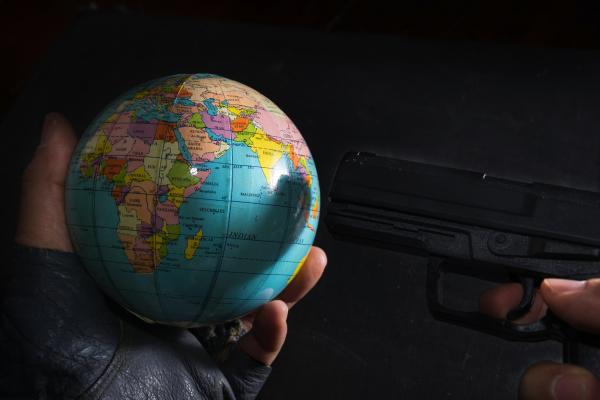Dec 4, 2015
For the first week of Advent, my wife Amy preached about hope. She pointed out that having hope doesn’t mean necessarily that we see a way out of suffering. It does, however, give us a reason to try to keep working through it. We have to believe there’s another side to it. Another possibility. The potential for a new reality.
And that reality will never, ever be realized by responding to violence with more violence. It may make us feel better in the moment. It may seem to offer short-term relief. But ultimately, it makes everyone that participates become a little bit of what they hate. And the cycle continues.
Which story will we choose to try to live into?
Read the Full Article

Already a subscriber? Login
